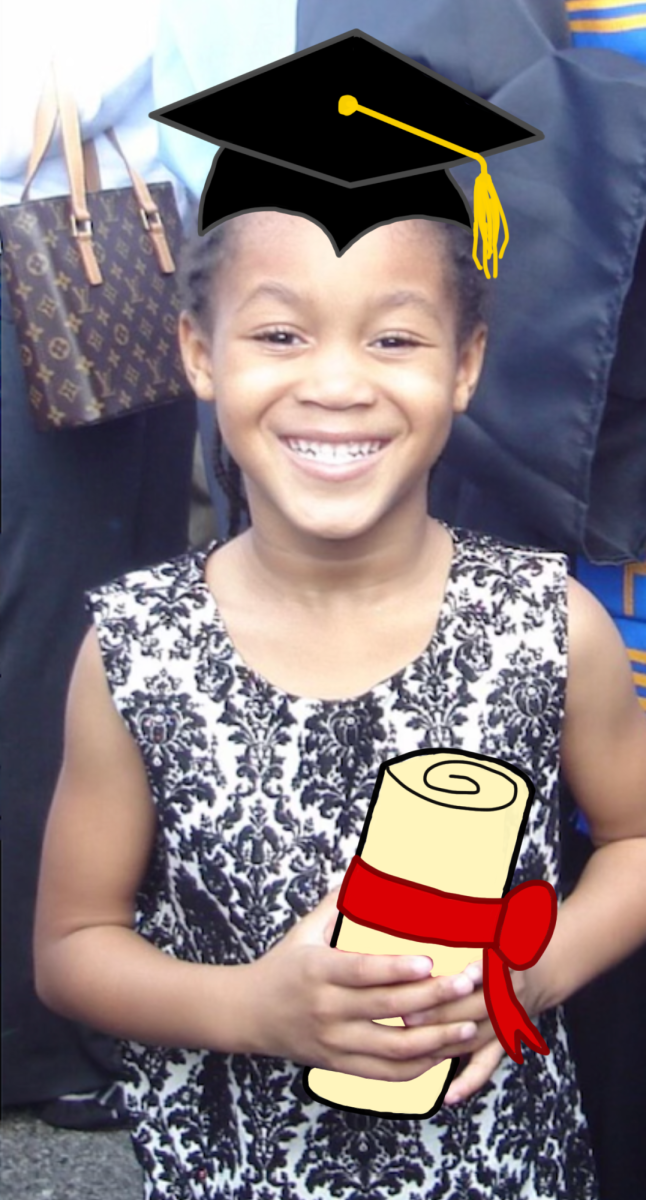Perhaps as a result of joining Science Olympiad in high school and taking pre-med courses in college, I find that my friend group skews scientific. It’s no surprise, then, that I often feel pressure to defend the legitimacy of my major (English). The decline in popularity of the English major—and humanities subjects in general—has been a long, unfolding trend. While I can’t claim to know the full and complex causes behind this trend, my own experience tells me that it has in part to do with English’s position as a subject with no specific professional outcome attached to it, as well as its unfortunate reputation for being fancy bullshit.
The prevalence of this school of thought among my peers, I think, can be traced back to how English is taught. After years of classes in which teachers are the sole arbiters of didactic truth, the introduction of the discussion-based class can be quite jarring. This more democratic format is a direct reflection of the philosophy of the humanities, where there can be no absolute truth—only compelling paths toward it—and where each thought and opinion is valued. In this context, students are encouraged to form their own opinions in the absence of authority.
I experienced shades of this in my elementary school, where teachers emphasized “free-writing,” an activity that disregards spelling, grammar, or punctuation in order to encourage creativity. Because its prescriptions discourage students from writing, grammar was never formally taught. This wasn’t really a problem at the time. My single-digit age gave me license to write a horrible Harry Potter knockoff without sparing a thought for word order.
No: The problem arose later. When the discussion model was introduced in my English classes, the same philosophy was implemented. Teachers asked very open-ended questions to give students unabated freedom to interact with and interpret the text. There was a twist though: They began grading us.
Usually, when you turn in a math or science test, you can roughly predict your grade even if it’s curved. When I asked a friend about how she predicted her paper grades, though, she said, “If I think it’s good I will get a B or lower; if I pulled it out of my butthole I will get an A.” Many of us see our grades in the humanities go up and down in this seemingly arbitrary fashion—and that breeds resentment.
The truth that many teachers fail to mention until they lay their red grading pen on a fresh stack of papers is that, although there is no absolute “right” answer in English, some answers are better than others. But there is no absolute guideline for this “quality,” owing to the many paths one can take to achieve it. As a result, many of my teachers were reticent to present interpretations in class, perhaps fearing that their students would feel overshadowed by their answers. Perhaps the intentions of these teachers were admirable; they probably hoped to empower students by having them develop their own rubrics of quality, but instead the effect was often the opposite: Without examples or references to draw on, we felt frustrated and powerless in the face of ambiguity.
I admit that there are few hard and fast rules for writing, but instruction on the topic could benefit from some solidity. When our first papers were graded most of my Hum class realized that our introductory paragraphs were unsatisfactory. In order to amend this, our next writing seminar was dedicated to the “stasis-destabilization” form of introductory paragraph, in which a common convention is presented only for the thesis to counter it. Most of us adopted that form for our next papers and, unsurprisingly, the evaluations of our introductory paragraphs were more positive.
Some may say that this goes against the core philosophy of the discussion- and free inquiry–based approach to the humanities. Why reward students for adhering to a mold? Teaching the stasis-destabilization form was an efficient method for bettering students’ writing, which is necessary in a class where they’re expected to write decent papers by third week. The form gave students something solid to use, analyze, deconstruct, and perhaps eventually transcend. If we could improve so much knowing only one form, I wonder what could be gained in learning a plethora of forms that could help us refine a sentence, a paragraph, and an entire piece. Unfortunately, in only three writing seminars, we did not learn any more forms that quarter.
In a sonnet, William Wordsworth writes, “Nuns fret not at their convent’s narrow room;/ And hermits are contented with their cells;/ and students with their pensive citadels.” Students’ efforts are facilitated, not hindered, by formal education. Having students independently construct their own paths to quality may be an ideal of the humanities, but quality rarely, if ever, arrives spontaneously. It usually lies at the end of a long path of initial imitations and careful mentorship. Rather than dangling a lofty ideal of “quality” over students’ heads, teachers must empower students by giving them sturdy footholds, in the shape of imitable forms and examples, which they can use to climb upward. Without these forms, we risk stranding students at the bottom of a mountain that they have no way to climb, and they will walk away without belief in the beautiful view we insist is at the top.
Eleanor Hyun is a first-year in the College majoring in English.







